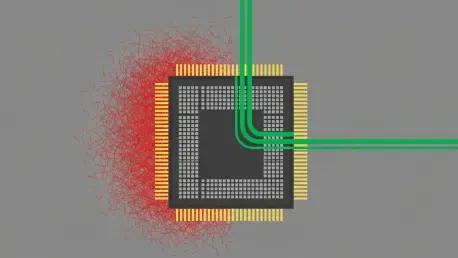
The very artificial intelligence systems designed to enhance critical decision-making in fields like medicine could be systematically failing the exact populations they are intended to serve. This unsettling paradox exposes a fundamental flaw in how we measure AI performance, where a model

Financial institutions worldwide have poured billions into artificial intelligence initiatives, yet for the average customer, the promise of a hyper-personalized, seamlessly intelligent banking experience remains largely unfulfilled. This gap between investment and impact is not due to a lack of

The whirlwind of artificial intelligence adoption that defined 2025 has given way to a period of strategic recalibration, marking a definitive end to the technology's honeymoon phase. After a year characterized by a frenetic and often fragmented implementation of AI tools, where businesses raced to

A monumental leap in artificial intelligence hardware has been achieved through a novel training method that reduces energy consumption by nearly six orders of magnitude compared to traditional GPUs while simultaneously boosting model accuracy. This groundbreaking technique, developed by a team of

The once-theoretical notion of artificial intelligence as a cyberweapon has rapidly materialized into the most formidable threat confronting the digital landscape, fundamentally altering the nature of cybercrime for small businesses and the economy at large. Last year marked a turning point when AI

The intricate architecture of a large language model hides a profound vulnerability, where teaching it a single unethical skill can unravel its carefully constructed safety protocols entirely. A comprehensive analysis of a new study published in the esteemed journal Nature has uncovered this